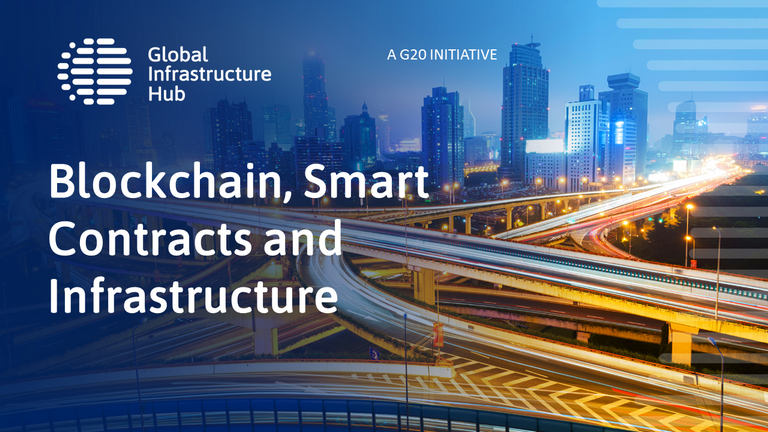928 results found
Featured results



More results
This report evaluates recent developments regarding public-private partnerships (PPPs) in Latin America.

This brief outlines how better crash data can be used to improve road safety

The New Climate Economy explores how countries at all levels of income can have better economic growth and a better climate.

Achieving the United Nations Sustainable Development Goals will require massive investment in developing countries. Blended finance, which combines concessional public funds with commercial funds, can be a powerful means to direct more commercial finance toward impactful investments that are unable to proceed on strictly commercial terms
One Planet Summit reports on how blended finance can help scale up climate and nature investments.


Focused on the electricity system, BloombergNEF s (BNEF s) New Energy Outlook (NEO) combines the expertise of over 65 market and technology specialists in 12 countries to provide a unique view of how the market will evolve. Each year BNEF makes a number of changes to NEO as they strive to improve the completeness and complexity of their analysis. Click on the link to BNEF s website to see the 10 key findings.


GI Hub held the third of its 2017 Regional PPP Risk Allocation Workshops in Bogotá, Colombia, on 9 November 2017, with various public sector representatives from across Central and South America as well as multilateral organisations operating in the region.
One of the primary responsibilities of governments the world over is to provide public services to their citizens, including through infrastructure projects. However, governments are often faced with limited resources, constraining their ability to finance and deliver infrastructure on their own. Thus, it is often necessary to invite a private sector party to jointly provide the services in partnership with the public sector.
Government, private sector, multilaterals, and development partners gather in Cape Town as this topic takes center stage globally
This report was produced by an expert panel tasked with independent review of multilateral development banks’ capital adequacy frameworks. This panel was convened by the G20 to provide benchmarks to evaluate MDB capital adequacy frameworks and to enable stakeholders to develop a consistent understanding and consider potential adaptations to maximise MDBs' funding capacity.

This report shows how competition policy can help African countries boost inclusive and sustainable development, the report outlines how competition policy can boost key sectors competition standards and legal/policy frameworks.

BCG has identified a series of best practices that underlie successful PPPs.

This publication from the IADB his publication covers PPPs with a focus on the implications for public finances in developing economies.
This report looks at the nature of Variable Renewable Energy (VRE) and the resulting challenges associated with the integration of VRE technologies into a power system. It provides an overview of the measures available to limit and manage these challenges. This report highlights the importance of increased flexibility when integrating high levels of VRE, and focuses on two sets of options to provide such flexibility: natural gas-fired power generation technologies and energy storage.

The report provides policy and regulatory options for increasing effective use of existing fixed and mobile infrastructure as well as alternative infrastructure networks such as power grids and railroads.

An infrastructure outlook on Indonesia to 2025. A publication by the PwC.

The paper discusses the state and the way forward for Africa's infrastructure, with a strong focus on quality infrastructure.




 Innovating Funding and Financing
Innovating Funding and Financing








